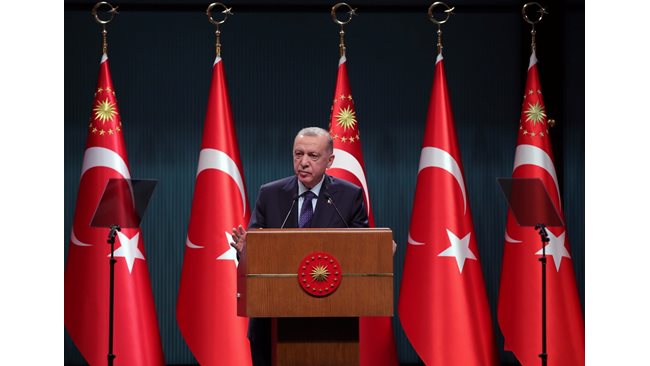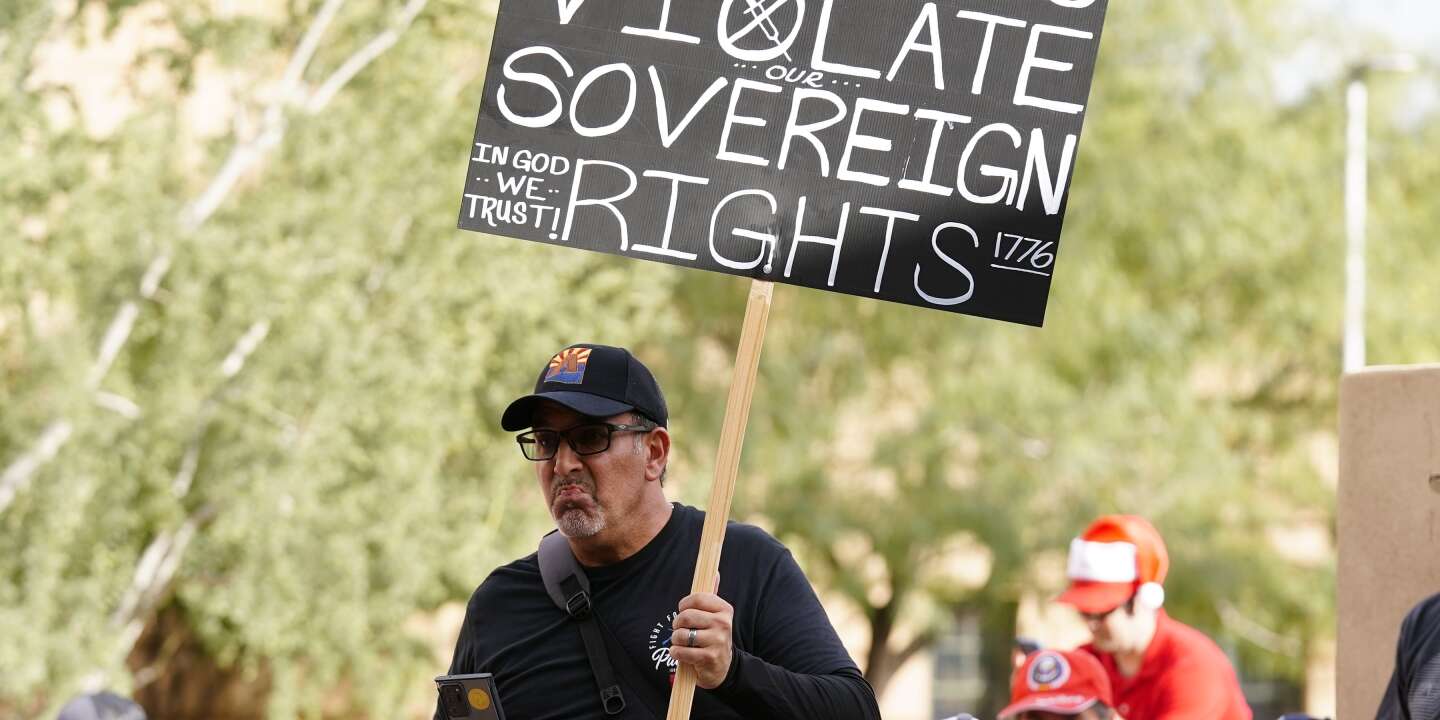Erdogan announced the measure hours after the pound fell to a new low
Turkey has raised the minimum wage by 50% to help inflation-stricken workers. The measure was announced by Recep Tayyip Erdogan hours after the Central Bank once again cut interest rates and the pound collapsed to a new low, the Financial Times reported.
The president, whose ruling Justice and Development Party is losing support due to the devaluation of the national currency and rising livelihoods, praised the decision as
historically
increase in
the payment of
workers,
40% of whom receive a minimum wage.
“I believe this increase shows our determination not to let workers be crushed by rising prices,” Erdogan said. He pointed out that the monthly salary in 2022 will be 4250 ($ 274) Turkish lira compared to 2826 ($ 182) in 2021. The increase of 50%, expressed in pounds, at the same time is a decrease of 27%, expressed in dollars, compared to the beginning of the year, due to the record devaluation of the national currency.
The news came shortly after the Central Bank cut interest rates on loans once again, despite galloping inflation of 21% a year, according to official statistics. However, independent consumer organizations claim that it is at least 58% on an annual basis. Negative interest rates are putting enormous pressure on the Turkish lira, which has depreciated by 50% against the dollar since the beginning of the year. Following Thursday’s decision by the Central Bank, its value fell another 5.2% and it began trading at $ 15.5.
Analysts warn that rising wages for millions of workers may protect them from rising food and other basic commodity prices, but it is also inflationary in itself.
“Inflation and the minimum wage are linked,” said Selma Demiralp, a professor of economics at Koch University in Istanbul. – When inflation rises, the minimum wage must be raised. But when the minimum wage rises, it creates higher inflation. “
However, Erdogan completely rejects the generally accepted rule by economists that high interest rates reduce inflation. He insists that lower interest rates will boost exports, investment and job creation, which will ultimately stabilize the economy and curb the pound’s fall and inflation.
However, according to economists, this behavior is incredibly risky. According to them, the president’s plans are leading to rising prices, lowering the living standards of the population suffering from deepening poverty.
“If it weren’t for the suffering and suffering of 84 million people, this would be an extremely interesting economic experiment,” said Refet Gurkinak, a professor of economics at Bilkent University in Ankara. – What is happening shows that economists understand very well the basics of monetary policy. We know what the outcome would be, and that is exactly what it is. “
In a report from Edirne, Deutsche Welle points out that before the holidays the hotels in the city are full to the brim with Bulgarians who have arrived to take advantage of the cheap Turkish lira, which until a month ago was exchanged at 7 per lev and now 9 per lev. .
“There are a total of 2,500 hotel beds in Edirne. And
they are all
reserved by
Bulgarians ”,
emphasizes a representative of the local tourism authorities.
According to the German media, the Turks began to watch in bewilderment how they became a shopping paradise for the neighbors, while they themselves sank into poverty. Low interest rates stimulate Turkish exports, but for many of their export products, local producers are forced to buy imported raw materials, for which they pay dearly and too dearly in dollars, Deutsche Welle explains. That is why Erdogan’s accounts may turn out to be correct, but on the backs of the extremely poorly paid Turkish labor force. And prices are constantly rising – even for basic necessities. Last spring, a bottle of sunflower oil cost £ 30 and meanwhile jumped to £ 100. Sellers in Istanbul complain that they are forced to change the price tags in their stores almost every week.
People in Turkey are completely disillusioned, according to Bloomberg. When they take their pensions and salaries, they rush to the store and buy with them what they can, because they are not sure what the prices will be in 1 hour.
– .


